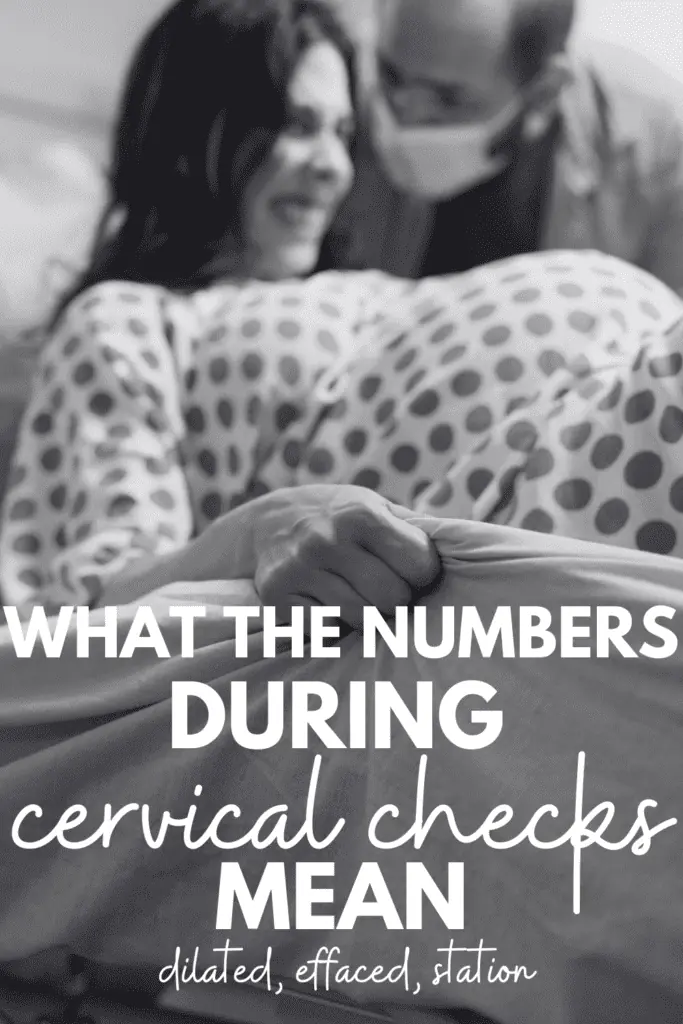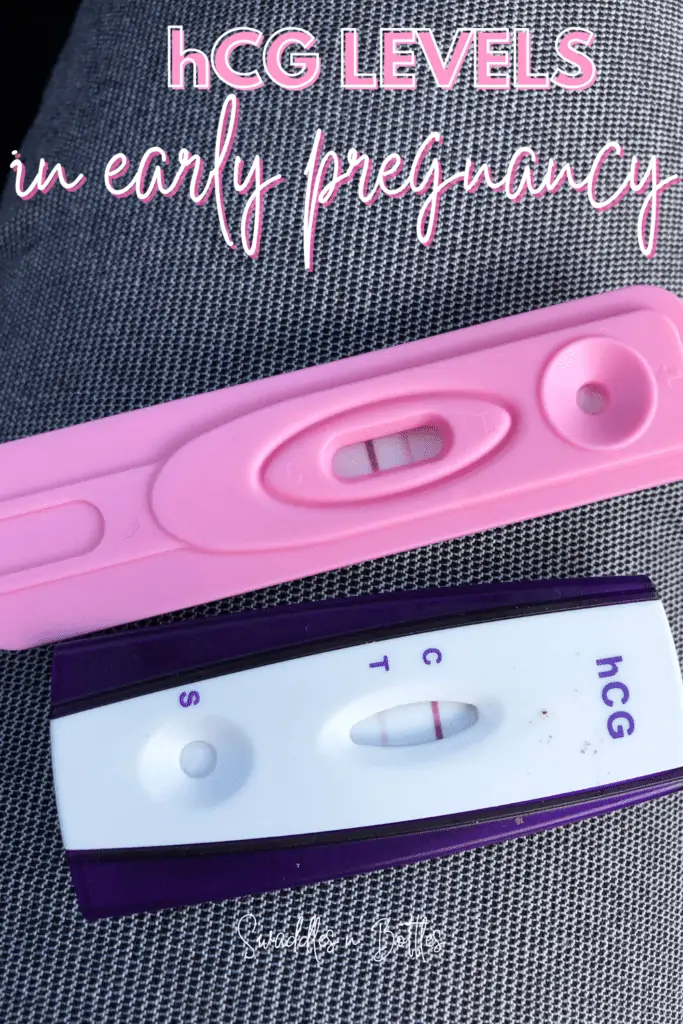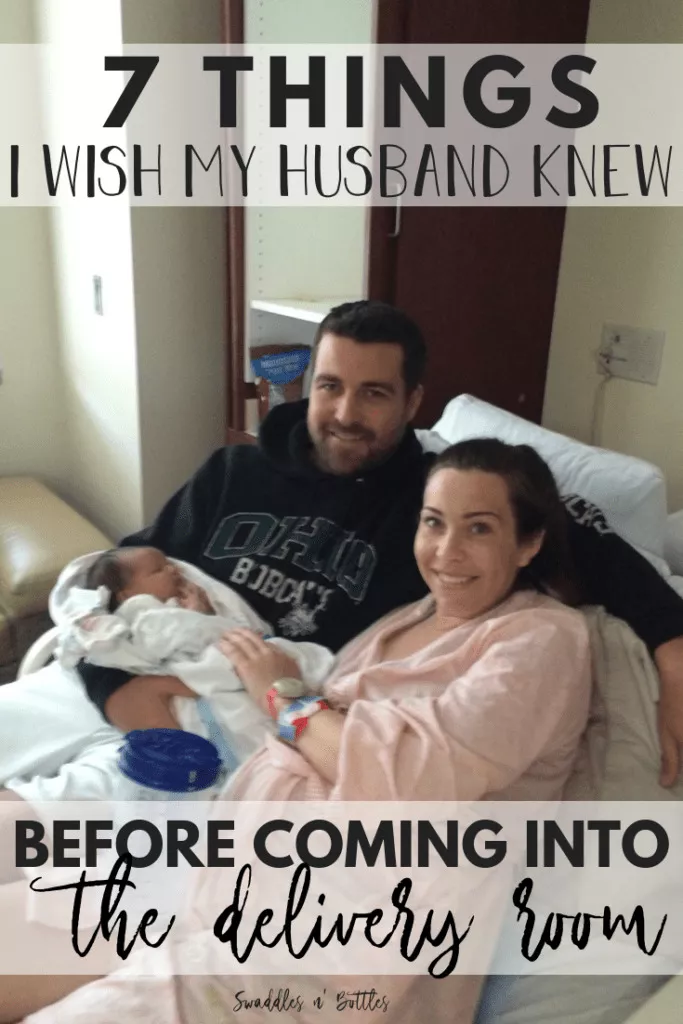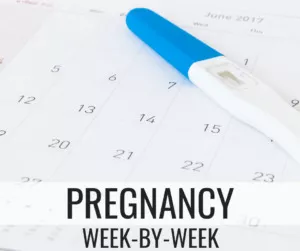
Rh Incompatibility in Pregnancy. What Does it Mean for Mom and Baby?
Rh stands for the Rhesus protein factor found on the surface of erythrocytes or red blood cells. You are Rh-positive if your blood has the protein and Rh-negative if your blood does not have Rhesus protein.
Rh incompatibility is a common condition during pregnancy. It occurs when the mother and the developing child have different rhesus factors. The incompatibility happens during pregnancy when a woman has Rh-negative, and the developing fetus has Rh-positive blood.
Although the Rh factor does not affect your health, it can lead to issues during pregnancy. Let’s discuss Rh incompatibility and how it affects pregnancy, diagnosis, prevention, or treatment.
Although the Rh factor does not affect your health, it can lead to issues during pregnancy. Let’s discuss Rh incompatibility and how it affects pregnancy, diagnosis, prevention, or treatment.

Does Rh Incompatibility affect Pregnancy?
A pregnant woman with Rh-negative blood will treat the Rh-positive protein as an external object and trigger her immune system to attack it. For instance, when your baby’s blood cells cross your bloodstream, your immune system will develop antibodies against your developing child’s erythrocytes.
The baby’s blood often crosses the mother’s bloodstream during pregnancy, labor, and delivery. Antibodies are essential components of the immune system and work against any foreign objects.
Your immune system will antibodies against Rh-positive blood type, and your body will transport these antibodies into your placenta, where they will attack your developing child’s red blood cells.
Rh incompatibility’s effects or severity on the fetus depend on the number of antibodies a pregnant woman’s body sends to the placenta. Antibodies attacking the fetus red blood cells inside the placenta can cause hemolytic disease. It means the destruction of erythrocytes, which leads to the accumulation of bilirubin in the baby’s bloodstream.
The unborn baby’s body will break down red blood cells and create bilirubin. High levels of bilirubin can significantly affect the baby’s liver. It can lead to complications after birth, such as low muscle tone, lethargy, jaundice, abdominal inflammation, chest pain, fever, nausea, fatigue, and weakness. Other complications include brain damage and problems with speech, hearing, movement, seizures, and fluid buildup in the baby.
Research shows that Rh incompatibility usually does not lead to complications during a first pregnancy. Most often, the baby is born before the mother’s body develops antibodies against the red blood cells. However, after the mother’s immune system has developed antibodies, they will remain in the body and cause problems in later pregnancies if the fetus has Rh-positive blood.

How is Rh Incompatibility Prevented or Treated?
A pregnant woman undergoes various blood tests during pregnancy. For example, your doctor will perform a blood test to determine whether you are Rh-positive or negative. If you have Rh-negative blood, you will undergo another test called an antibody screen.
That way, your doctor will come to know whether you have antibodies in your bloodstream. Having antibodies means your bloodstream came in contact with the baby’s Rh-positive blood. Thus, you are at risk of Rh incompatibility.
Research shows that Rh immune globulin can prevent Rh incompatibility, but it is important to take this medicine on time. If the mother’s immune system has formed antibodies, the medication won’t work.
Therefore, a health professional must treat a woman with Rh-negative blood with immune globulin during pregnancy. Early prenatal care can prevent issues associated with this condition. For instance, your health provider can determine early if you are at risk of Rh incompatibility.
The doctor closely monitors a pregnant woman diagnosed with Rh incompatibility during pregnancy. The purpose is to identify signs of hemolytic anemia in the developing fetus. Proper diagnosis and adequate treatment can help prevent this problem.
If your baby has developed hemolytic anemia, you will take iron supplements and erythropoietin. These medicines will prompt the baby’s body to make red blood cells. In severe cases, your developing baby will get a blood transfusion through your umbilical cord.
Moreover, if you have a full-term baby with hemolytic anemia, your health provider will induce early labor. The purpose is to deliver the baby as soon as possible and start the treatment immediately.
Final Words
Rh incompatibility is a preventable condition. If you are a pregnant woman and diagnosed with Rh incompatibility, make sure you get the best possible treatment to avoid complications. RhoGAM is an immune globulin used to prevent the condition in pregnant women with Rh-negative protein factors.



















